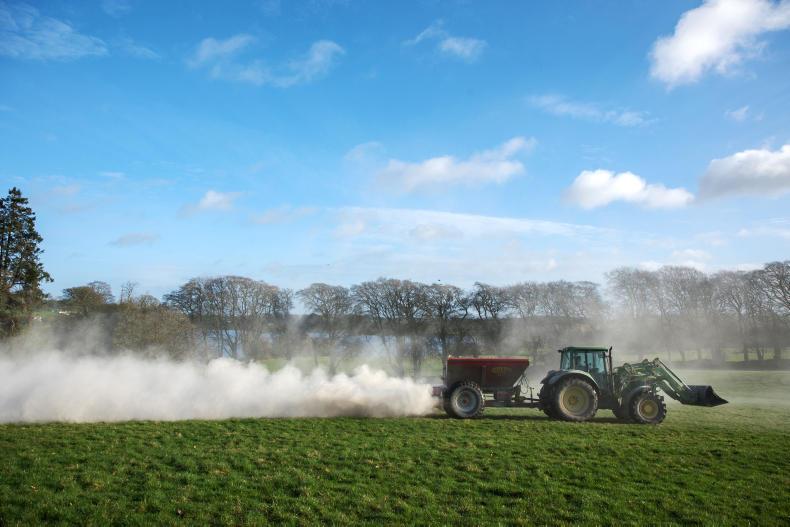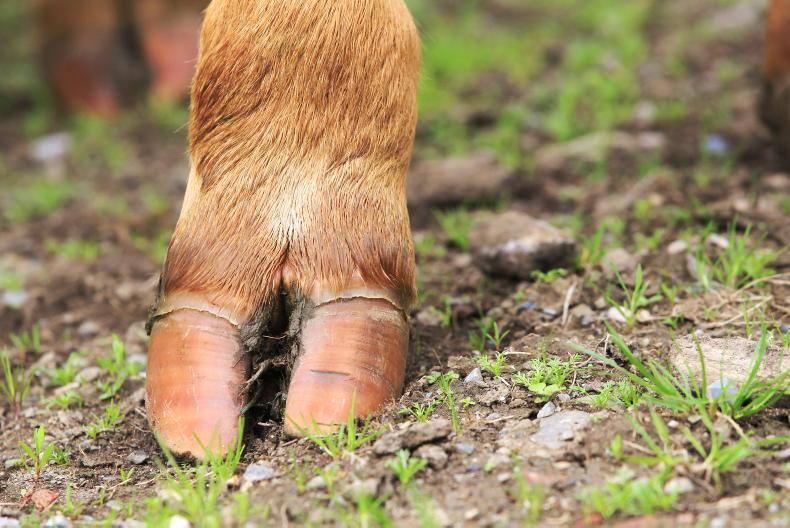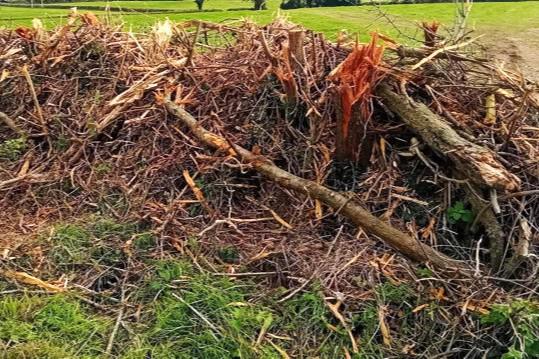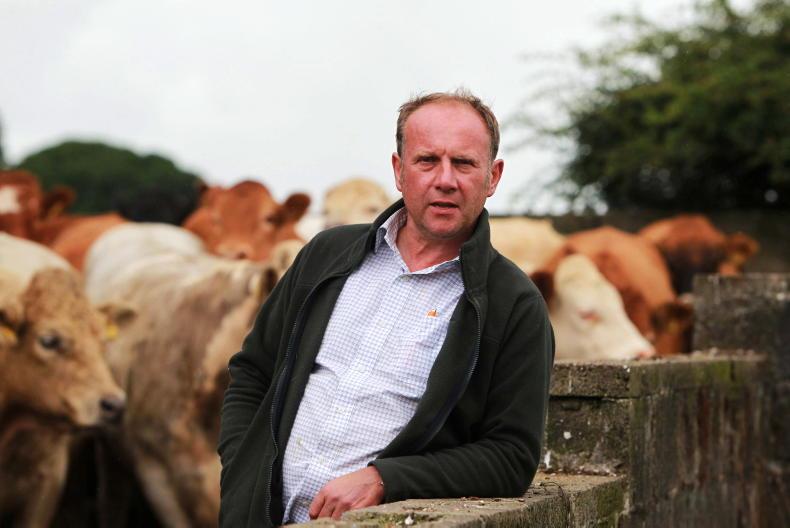According to figures by the Department of Agriculture, only 10% of Irish soils have good overall fertility.
At the same time, lime usage on farms is sitting at approximately 1m tonnes, having risen slightly over the past few years.
However, it is still a long way behind the 2m tonnes of lime that was spread annually during the 1980s.
With the design of a new agri-environmental scheme currently being discussed at national and European level, the question that should be asked is should lime spreading form part of this scheme?
One potential aspect of the next CAP is to have all farmers take soil samples and complete a nutrient management plan (NMP) as a core requirement of their Basic Payment Scheme (BPS) application.
Discussions are ongoing as to whether small holdings should be required to carry this out or not. However, if it was completed, it would give farmers a much greater understanding on the needs of their land.
Such information would highlight to farmers what areas of their land have a low pH and need targeting with lime.
Unfortunately, as we have seen with GLAS where nearly 50,000 NMPs were completed, it can be difficult to get farmers to act on their results.
Incentivising lime spreading, where necessary based on soil sample results, through some form of agri-environmental scheme may provide real value to Irish farmers and reduce growing fertiliser use.
They may also be more successful than actions such as sowing wild bird cover or providing sand for bees to nest in, the success of which remains to be seen, with biodiversity trends for the country actually showing a decrease, according to the Department.
Lime
The cost to get lime delivered and spread can vary from €22 to €25/t, depending where in the country you are located.
Current dry conditions in some parts of the country could mean that conditions are suitable for spreading.
Soils with a pH of less than 6.3 should be targeted for spreading.
Ground limestone is the most popular and cost-effective option for farmers. Ideally, apply lime to bare soils.









SHARING OPTIONS